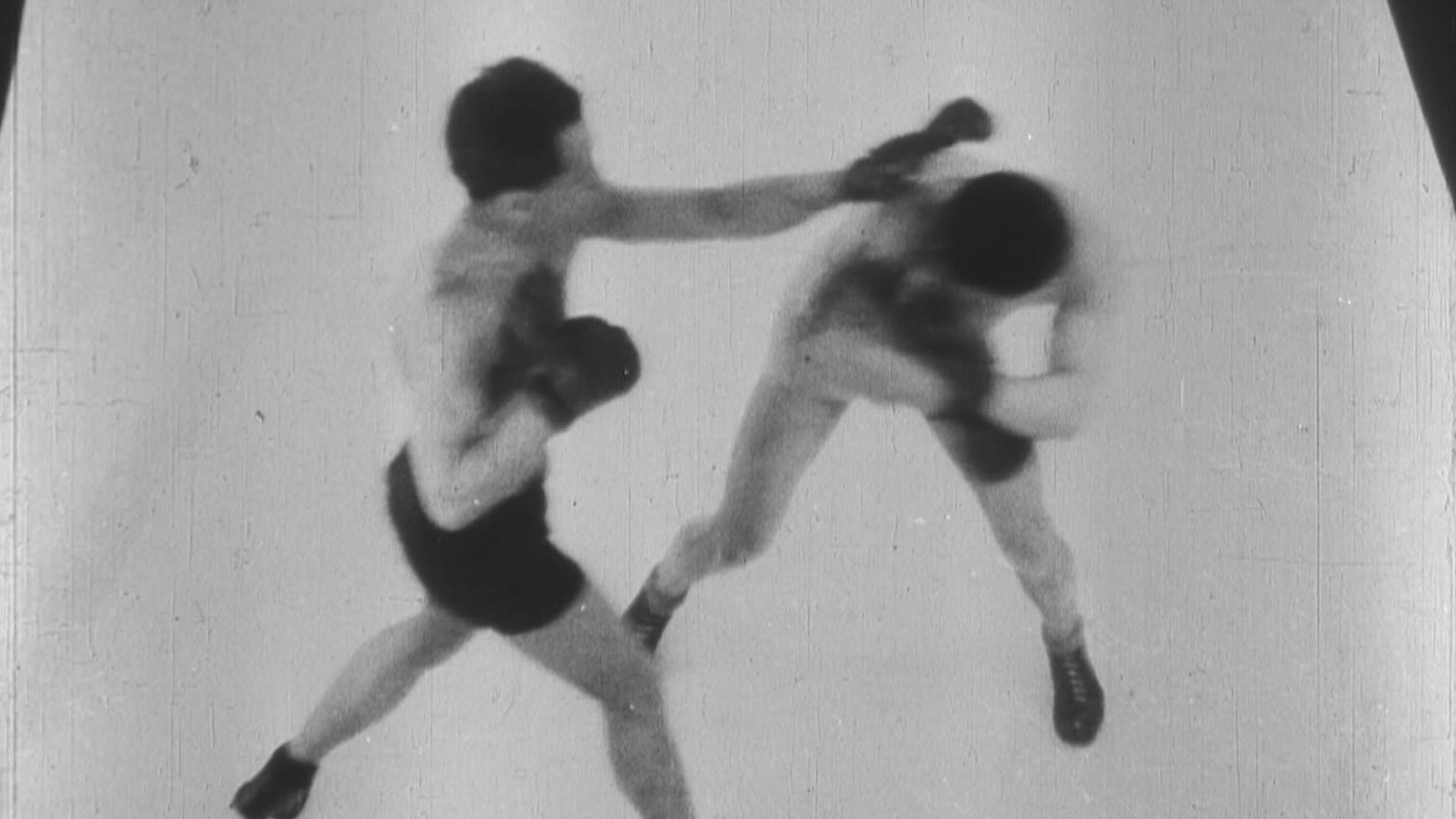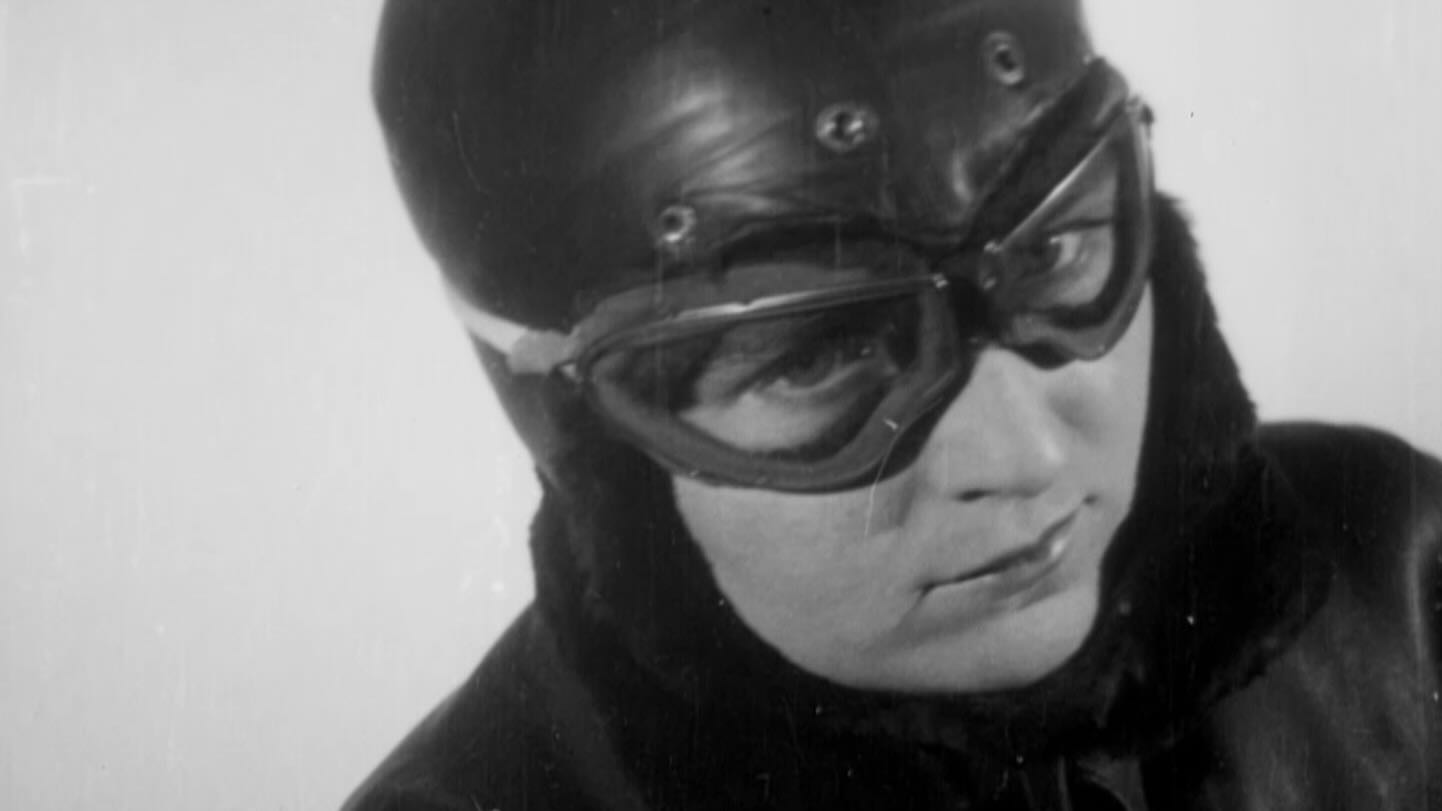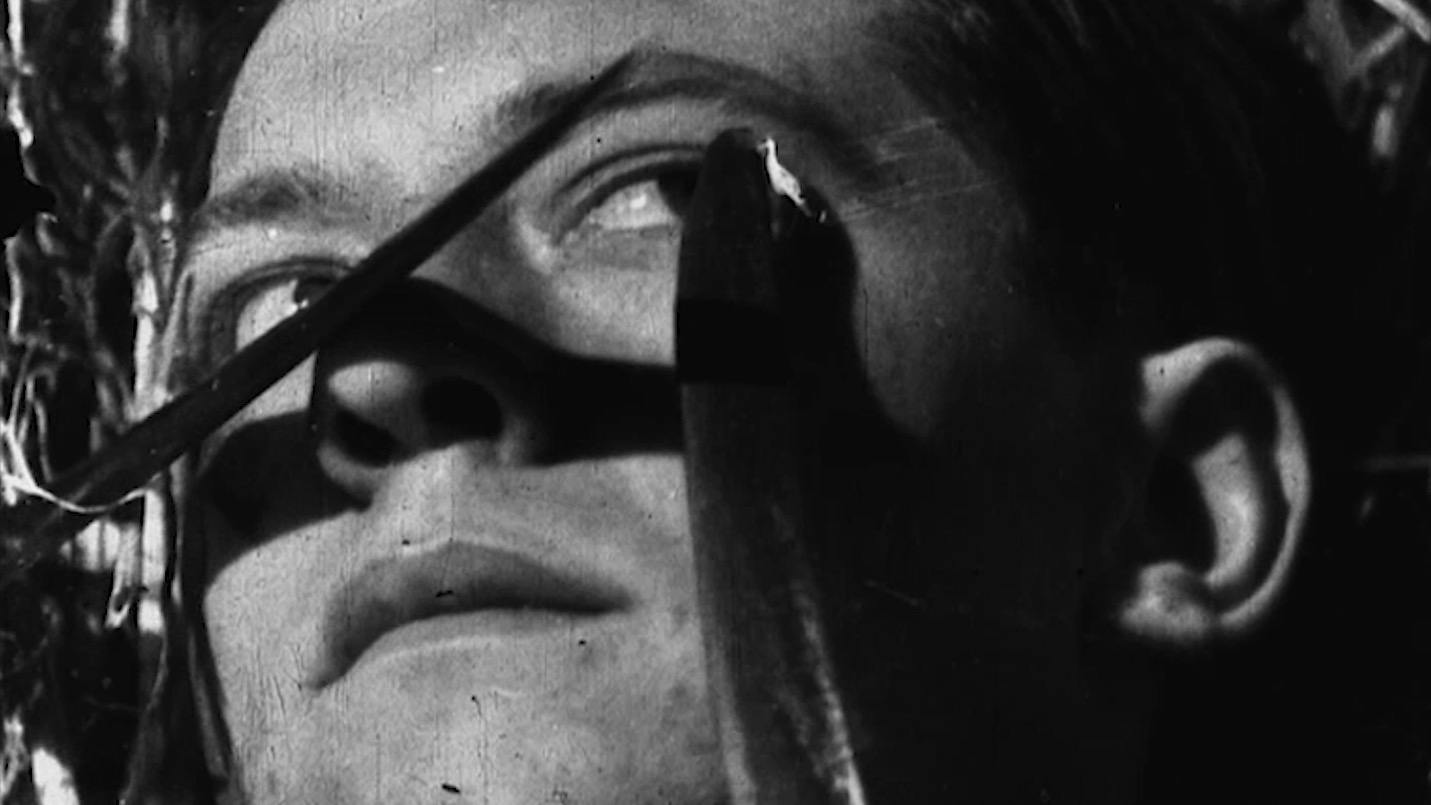Charles Dekeukeleire was a Belgian film director, critic and writer. He was born in 1905 in the Brussels commune of Ixelles, to a Dutch-speaking family. Following from his activity as a film critic, he ventured his first short film at 22: Combat de boxe (1927), an avant-garde film poem inspired by the theories of Louis Delluc and Dziga Vertov. It was succeeded by a series of experimental films in which Dekeukeleire playfully explored how cinematic ‘reality’ is constructed. In these works, he experimented with various camera and editing techniques such as duplex prints and slowmotion, repetitions and fragmented images, disordering both the conventions of the camera and the spectatorial eye.

A rhythmic film poem which experiments with different editing techniques. The contrast between the professional boxers and the amateurishly assembled set forms the backdrop of a surprising experiment with form.

The deconstruction of the camera eye is pushed to the utmost in this experimental short film featuring four 'characters': the motorbike, the woman, the mountains and a series of abstract cubes.

Filmed during an actual political demonstration at the foot of the Yser Tower, a young man commits an act of rebellion, after which this experimental short film develops into a cinematographic reflection on the concept of repression.